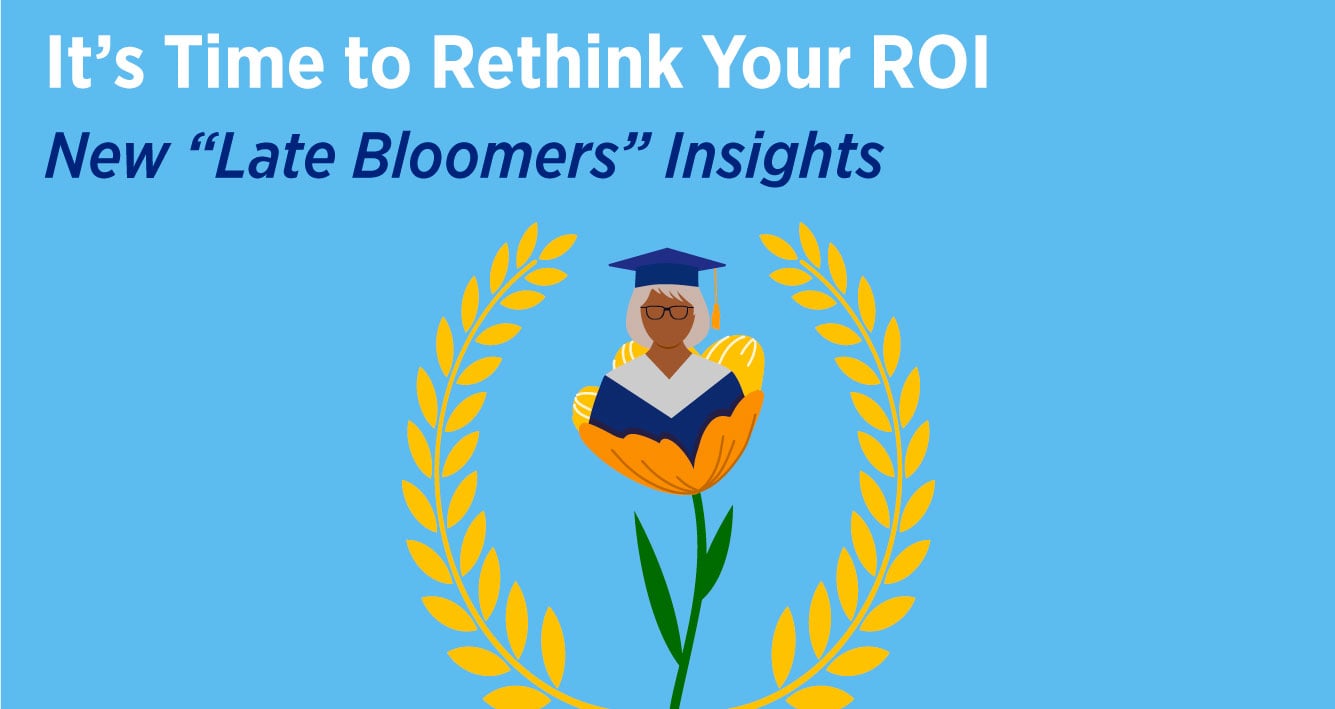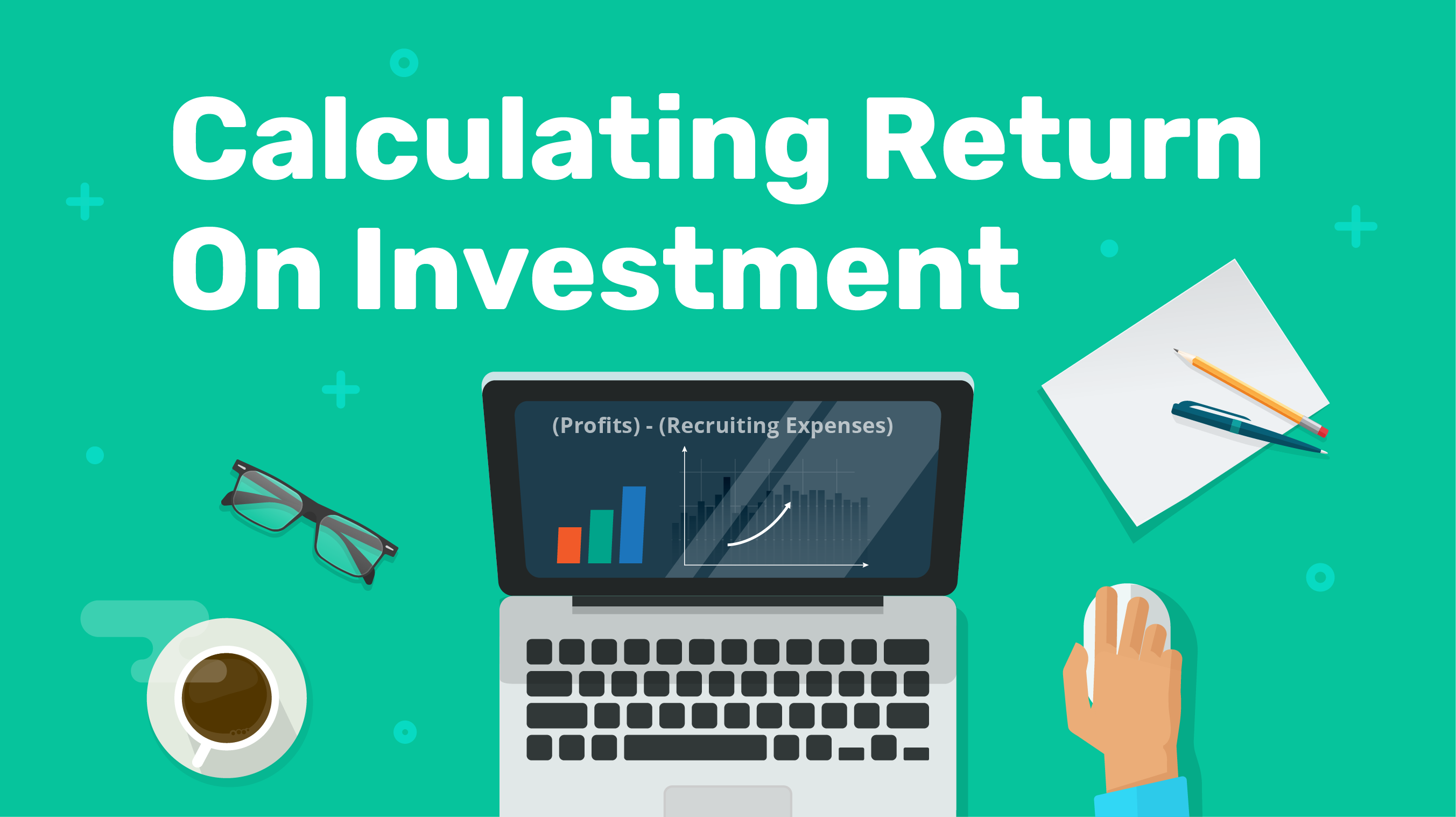Have we been selling ourselves short? A recent working paper by the National Bureau of Economic Research has got us thinking, "Yeah, maybe."
The not so fine print in “Late Bloomers: The Aggregate Implications of Getting Education Later in Life” is this: the age at which you get your degree matters. The economists found that the younger you are when you get degreed, the stronger your financial return on the investment from that degree. As a result, it may be time to take a closer look at how you present your institution’s ROI.
Events you won’t want to miss:
And look for us at these other industry events coming around the bend:
- ICEF North America in Niagara, Canada, May 1-3, 2024
- NAFSA 2024 Annual Conference and Expo in New Orleans, May 28-31, 2024
- GMAC 2024 Annual Conference in New Orleans, June 19-21, 2024
The Late Bloomers paper (link below), which looks at university grads beginning with the US 1930 birth cohort onward, also reveals that around 20% of students obtain their 4-year degree after age 30, hence the late bloomer label. A not so insignificant figure, with more than a few not so insignificant implications.
Sure, the popular notion that university grads are early 20-somethings remains true enough, but the 1-in-5-student stat reveals this belief is not the whole truth – and never was. Turns out the non-traditional student market is significant (you’ve read our series on the non-traditional student advantage, yes?).
Significant and new with this paper: the understanding that late bloomers’ ROI may not be as strong as once thought. On the flip side, the new data analysis means the ROI for younger grads is even stronger than we believed. Interesting, and worth promoting.
Other notable findings from the paper: Late bloomers have helped narrow the gender and racial gaps in university enrollment, even despite a widening racial gap among the early university grad set. And, late bloomers account for more than half of the growth in the share of university-educated adults from 1960 to 2019.
There’s a lot to unpack here, including why we think you may be selling yourself short based on these fresh insights. Read on…we’ll keep it actionable.
Read More


